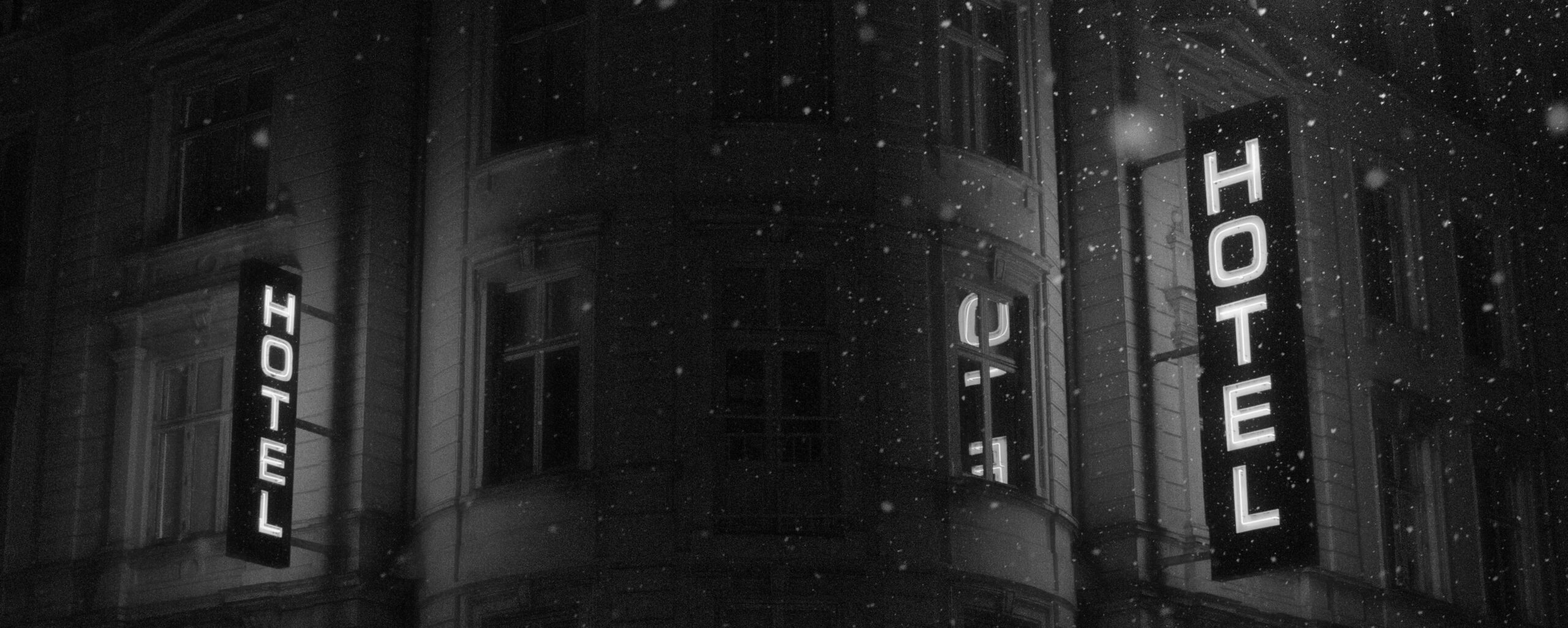NYC Gets Its Groove Back – Repeals Cabaret Law
New York City finally got its groove back. After 91 years, the Cabaret Law (New York City Administrative Code § 20-359), a Prohibition-era law that has forbidden dancing at some New York City bars and clubs has been repealed.
As it currently stands, the Cabaret Law requires any New York City business where dancing occurs to obtain a cabaret license prior to operating, and if that business is desirous of selling alcohol on premise, it is required to provide a copy of its cabaret license to the New York State Liquor Authority to be licensed to sell or serve alcohol on premises. Artistic performances, singing, and other forms of entertainment at New York City businesses also require a cabaret license. In the past, the Cabaret Law stopped singers Billie Holiday, Ray Charles and others from performing in New York City, and caused Frank Sinatra to boycott some of his New York City performances.
Over the years, the Cabaret Law survived several attempts at repeal, but not this time. On October 31, 2017, the New York City Council voted overwhelmingly to pass legislation (Int. 1652) that repeals the Cabaret Law, finally allowing the city that never sleeps to dance the night away. Proponents of the new legislation say the process to obtain a cabaret license is time-consuming, difficult, and costly. This sentiment is reflected through the numbers – currently, only 97 out of approximately 25,000 New York City food and beverage establishments have a cabaret license, according to the New York Times. Under the current laws, applicants are required to get electrical inspections and fill out several applications through the New York City Department of Consumer Affairs, who submits the applications to the Community Board where the premises are to be located, and to the Fire Department of New York for approval. The license fee is determined by room capacity and could costs hundreds of dollars to up to $1,000 (for a two-year license term), and additional money for each additional room or floor.
Despite repealing the Cabaret Law in its entirety, the new legislation is expected to retain certain security requirements at large entertainment venues from the old law. Owners and operators of some large entertainment spaces (as defined by the New York City zoning laws), will be required to maintain security cameras and certified security guards. These rules will be codified under new section 10-177 § 2, Title 10 of the Administrative Code of the City of New York. Once the new legislation goes into effect, owners and operators of New York City venues where dancing occurs will not have to apply for a cabaret license at all.
The lead sponsor of the new legislation is Rafael L. Espinal (D-Brooklyn), a City Council Member and Chairman of the Council’s Committee on Consumer Affairs. Councilman Espinal comes from a district where bars and unique venues have advocated repealing the Cabaret Law for decades. Also on board is Mayor Bill de Blasio, who is expected to sign Int. 1652 into law soon.
“It’s over,” Councilman Espinal told the New York Times. So, in the words of the late David Bowie, “Let’s Dance!”
As the law continues to evolve on these matters, please note that this article is current as of date and time of publication and may not reflect subsequent developments. The content and interpretation of the issues addressed herein is subject to change. Cole Schotz P.C. disclaims any and all liability with respect to actions taken or not taken based on any or all of the contents of this publication to the fullest extent permitted by law. This is for general informational purposes and does not constitute legal advice or create an attorney-client relationship. Do not act or refrain from acting upon the information contained in this publication without obtaining legal, financial and tax advice. For further information, please do not hesitate to reach out to your firm contact or to any of the attorneys listed in this publication.
Join Our Mailing List
Stay up to date with the latest insights, events, and more




